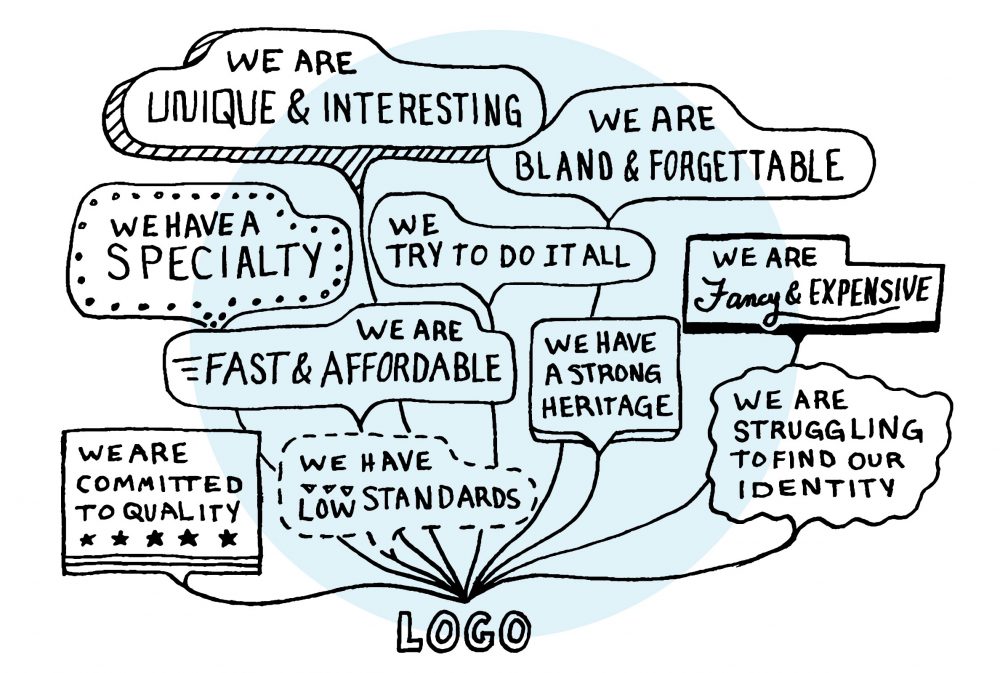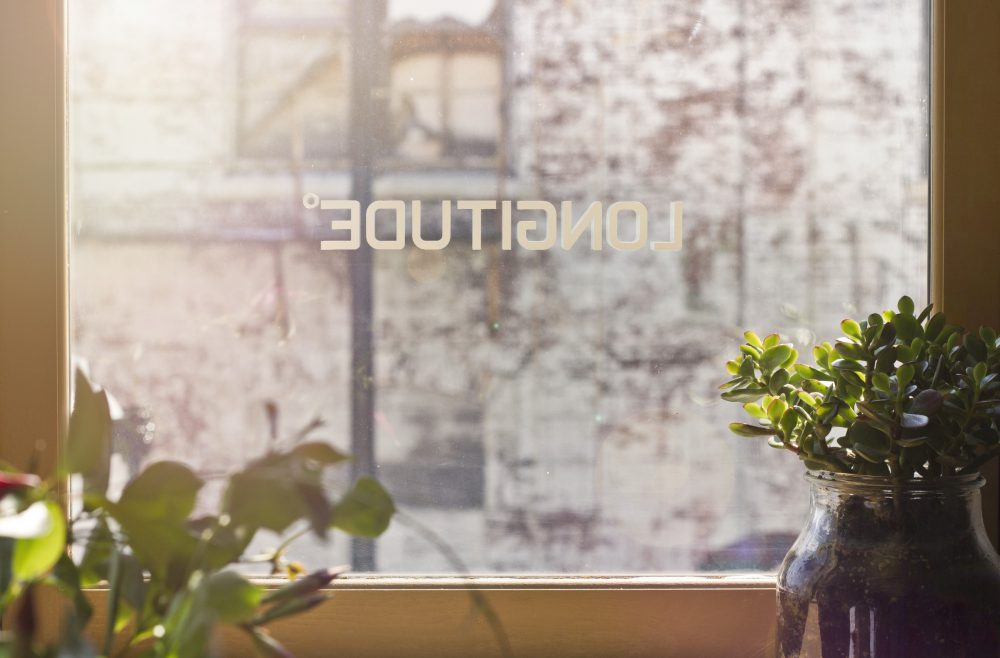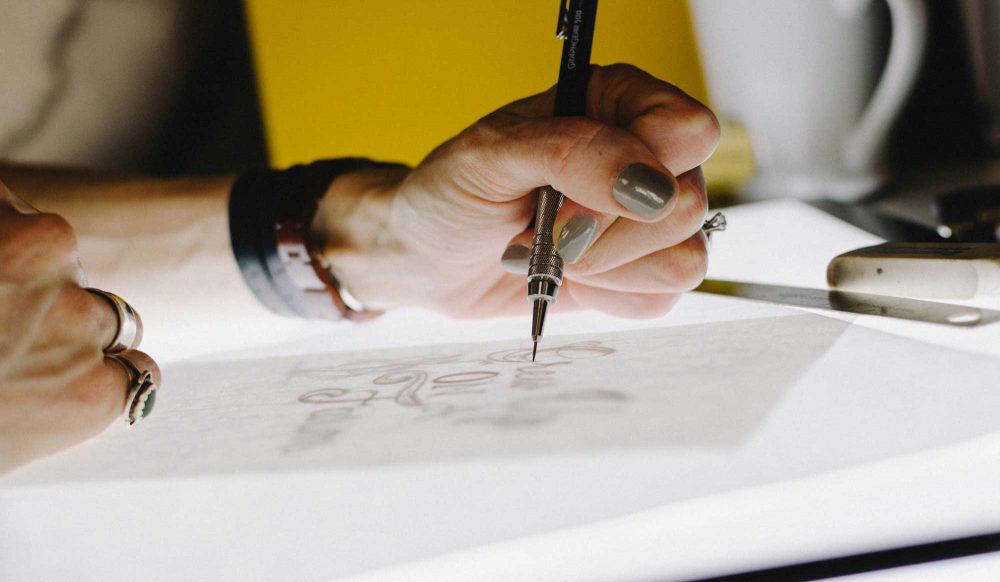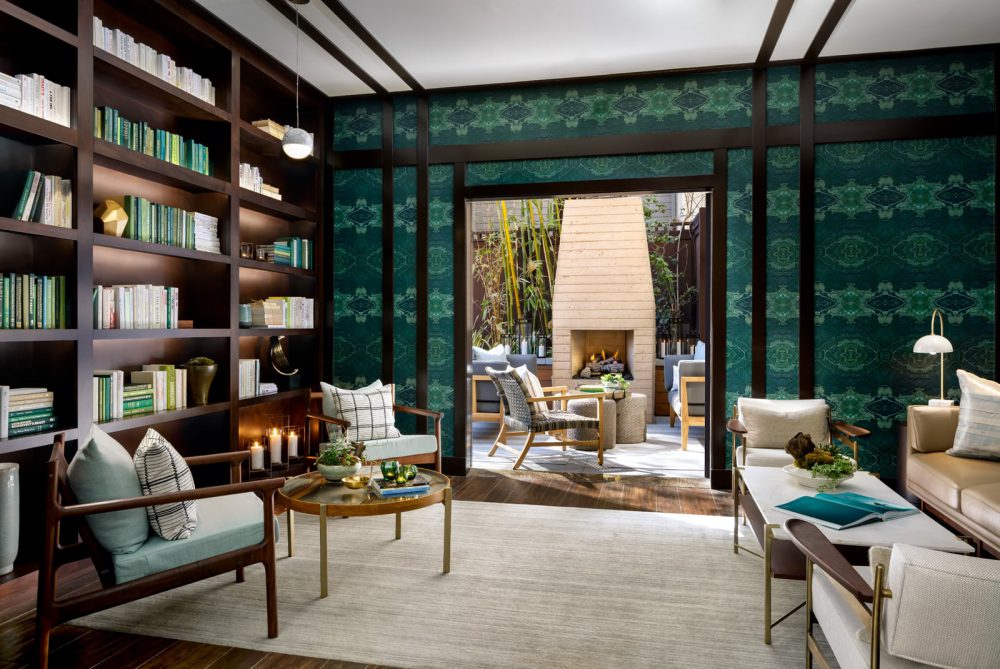Trust Is Built in Your Lobby — Not Your Logo
April 2, 2025
Jeremy Wells
At Longitude, we talk a lot about branding – obviously.
We obsess over logos, taglines, tone of voice, guest experiences, programming, brand activations, and even lobby scents and playlists. Our whole company is centered around crafting identities, engineering memorable guest touchpoints, and ideating brands that capture attention.
But behind all the work we do, there’s something deeper we need to understand: branding isn’t just what you design for others to see. It’s the lens through which they come to understand who you are.
Branding isn’t just what you design for others to see. It’s the lens through which they come to understand who you are.
And through that lens, the way we perceive, interpret, and shape the world around us starts to change. This is where the power of perception, reputation, purpose, and identity really kicks in. These aren’t just buzzwords or forgotten pages of a brand book you throw away into a file cabinet—they’re forces that shape not only how others experience our brand but how we experience the work ourselves.
Perception is Reality—Until It Isn’t
There’s a common saying in the world of branding: Perception is reality.
In many ways, it’s true. What people believe about your hotel, your brand, your team—that is your brand, regardless of your intentions. But here’s where it gets interesting: perception is not fixed. It can be disrupted, reshaped, reframed.
Perception is not fixed. It can be disrupted, reshaped, reframed.
In INDIE HOTEL, I talk about how the hotel industry has long been dominated by chain brands with massive marketing budgets. For years, the perception was: “Big brand equals trust.” But that narrative is crumbling. Travelers are shifting. Guests now seek authenticity over predictability. Purpose over polish. Story over structure.
That shift in perception is creating new opportunities for independent hotels to thrive. But disruption doesn’t happen by accident. It happens when we intentionally design experiences that challenge assumptions—when we give people something they weren’t expecting and never knew they needed. This is our opportunity to not just meet guest expectations but reshape them.
Purpose Is a Compass, Not a Tagline
Purpose gets thrown around a lot these days. Every brand has a mission statement tucked into their website footer. But too often, purpose is treated like a line of copy instead of a way of life.
Purpose isn’t what we write on the wall. It’s what guides our decisions when no one’s looking.
When we reimagined The Ozarker Lodge in Branson, Missouri, we didn’t start with what would look good in photos. We started with why it existed in the first place. Why bring a nostalgic roadside lodge back to life? Why create a space that felt nostalgic, adventurous, and familiar?
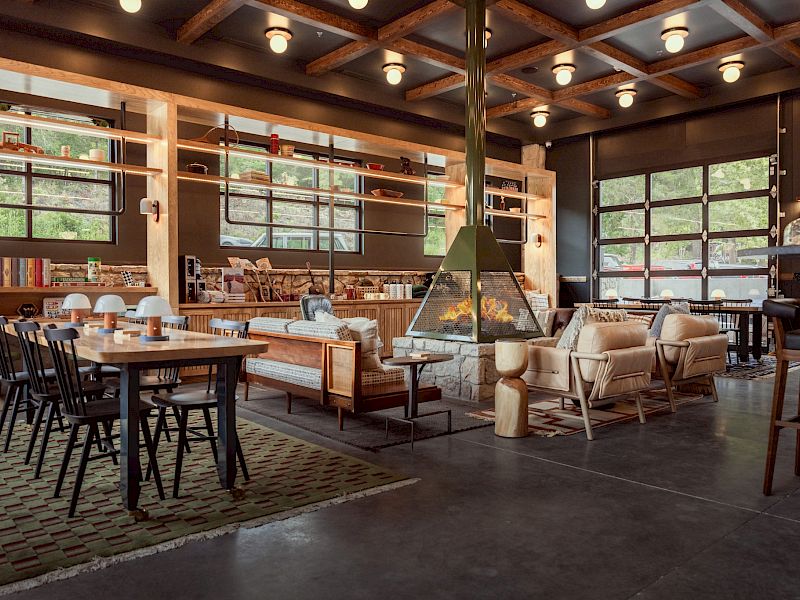
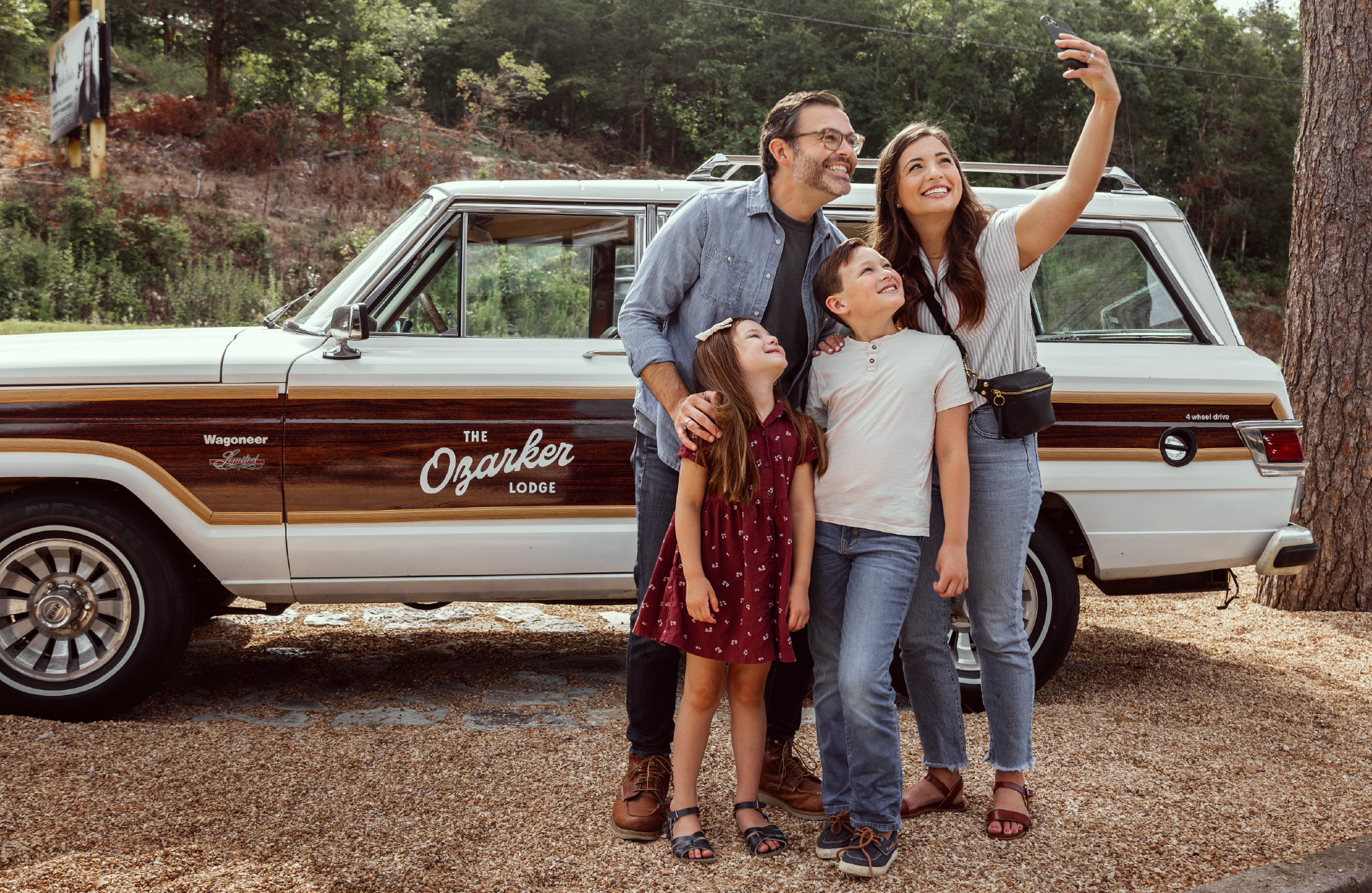

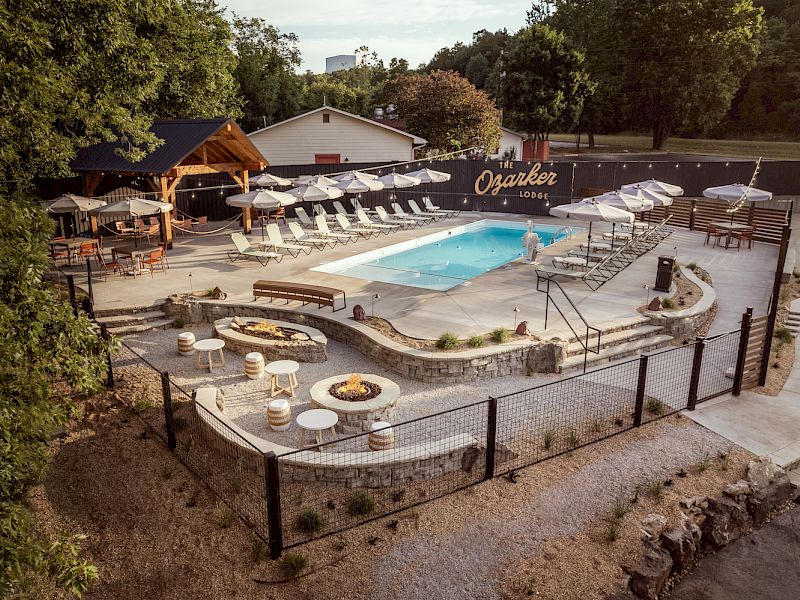
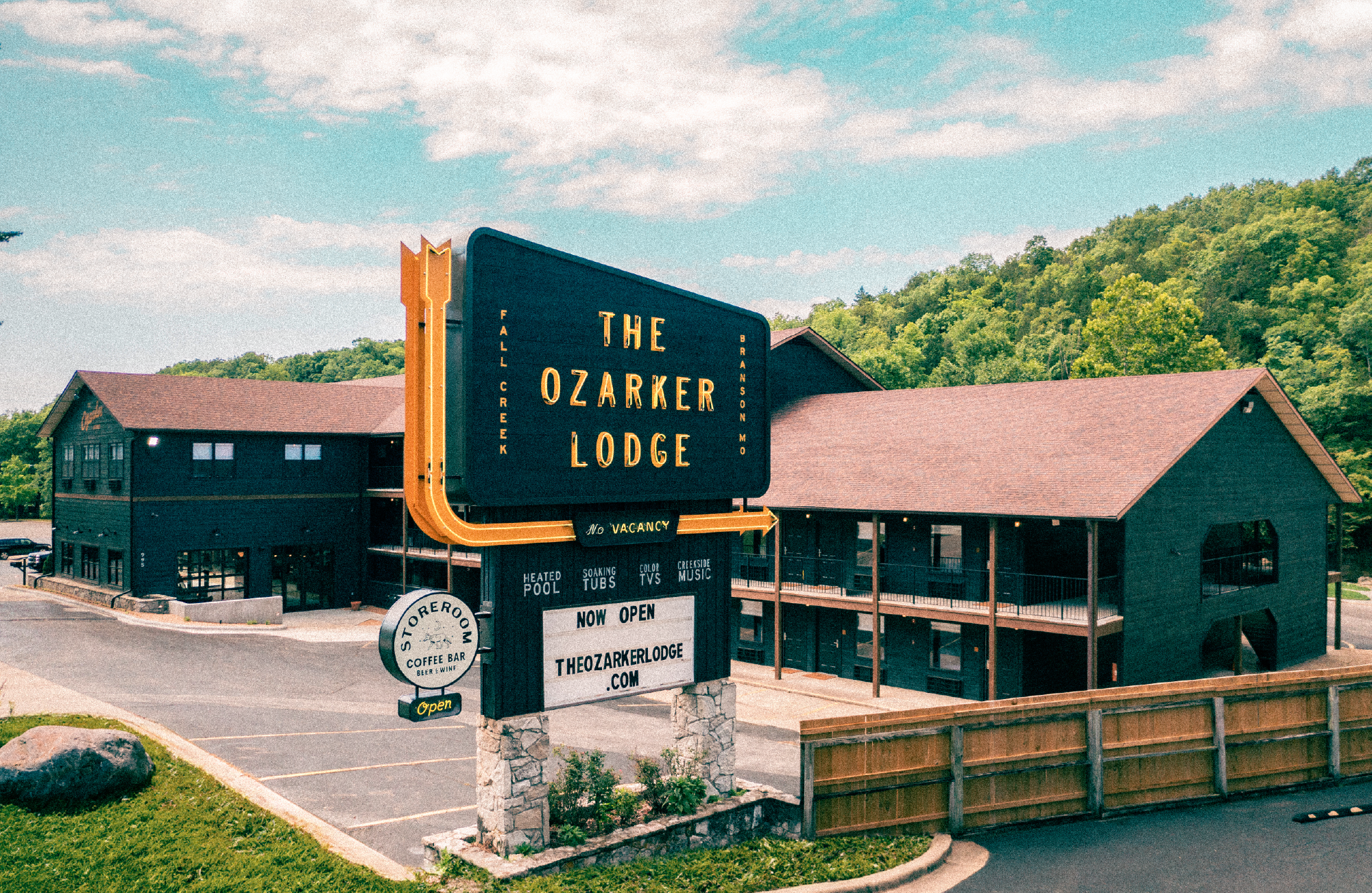
Because we believed people were hungry for connection—to nature, to each other, to simpler moments.
That belief became our compass. It shaped every decision—from the firepits and s’mores kits to the programming, partnerships, and design. We weren’t chasing trends. We were building alignment.
When purpose becomes your filter, branding becomes less about positioning and more about anchoring. It’s not “How do we sound cool?” but “How do we stay true?” That’s when your brand gains soul.
Identity Isn’t Invented. It’s Discovered.
Here’s a truth I’ve come to embrace: You don’t create brand identity. You uncover it.
Identity isn’t something we fabricate with color palettes and typography—it’s something we excavate by asking better questions. When we work with hospitality brands at Longitude, we don’t just ask “What do you want to be known for?” We ask, “What are you willing to say no to?” Because brand identity is about clarity. And clarity is more about elimination than addition.
Knowing who you are is just as important as knowing who you aren’t.
In Future Hospitality, I talk about how the best hotel concepts aren’t the ones trying to be everything to everyone—they’re the ones rooted in something specific and true. A sense of place. A shared belief. A deeper reason for being.
The indie hotel world thrives on this principle. These properties aren’t successful because they outspend or outscale their competitors—they win because they stand for something. And they express that identity consistently, confidently, and creatively. If perception is what others see, identity is what you know to be true about yourself. That’s how powerful brands are born.
Reputation Is a Slow-Drip Architecture
We all want a good reputation. But let’s be honest—reputation isn’t built in big, flashy moments—it’s forged in the quiet, ordinary ones.
It’s the handwritten note. The “drink on us”. The “let me get the door”. The unexpected moments of kindness. The way your team handles a complaint. The way you recognize a returning guest. Reputation is less about what you say and more about what people feel after interacting with you.
Reputation is less about what you say and more about what people feel after interacting with you.
At our hotels, we’ve had guests come back because of how we made them feel—even when their first visit wasn’t flawless. Why? Because they felt seen. Heard. Cared for. This is the architecture of trust. And it doesn’t happen overnight.
As a strategist, I’ve seen hotel owners obsess over their online reviews, chasing a 4.8-star rating like it’s the goal. But ratings don’t build reputation—relationships do. Every brand should ask: What’s it like to experience us when no one’s watching? Because that’s where the real reputation lives.
Purpose-Driven Perception Is Where the Magic Happens
Here’s where it all comes together.
When purpose drives perception, you stop chasing comparison—and start cultivating meaning. That’s when brands become movements.
When guests no longer see your hotel as just a place to sleep, but a place to belong. When team members stop clocking in and start showing up. When investors stop asking “What’s your ADR?” and start asking “Can I bring my family for a visit?” That’s when your hotel becomes a platform. A stage. A storyteller. An anchor in the community.
And this isn’t just theory—it’s the future of hospitality.
We’re seeing it with trailblazers who embedded purpose into every detail. We’ve lived it ourselves, building spaces where design, purpose, and hospitality collide. The best hotels are no longer just amenities—they’re artifacts of identity.
Jeremy Wells
Partner at Longitude°
Jeremy is the author of Future Hospitality and Brand Strategist at Longitude°. As a member of the Education Committee for The Boutique & Lifestyle Leaders Association (BLLA) and a content contributor to Cornell University’s Hospitality Vision and Concept Design graduate program, he is a committed thought leader in hotel branding, concepting, and experience strategy.

